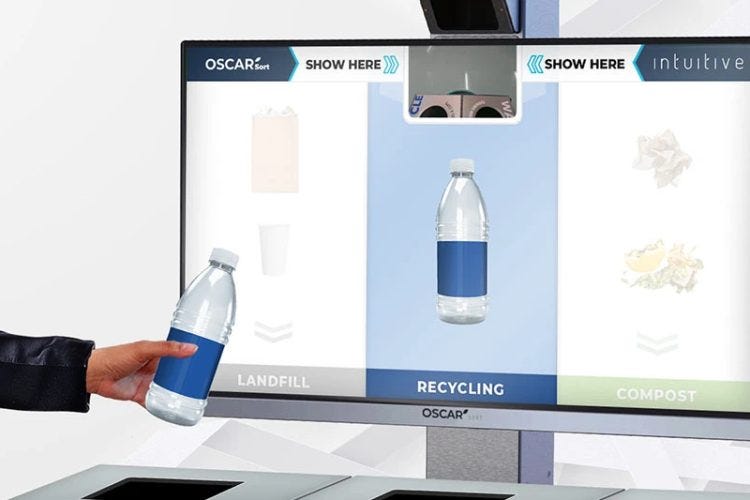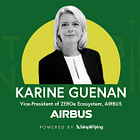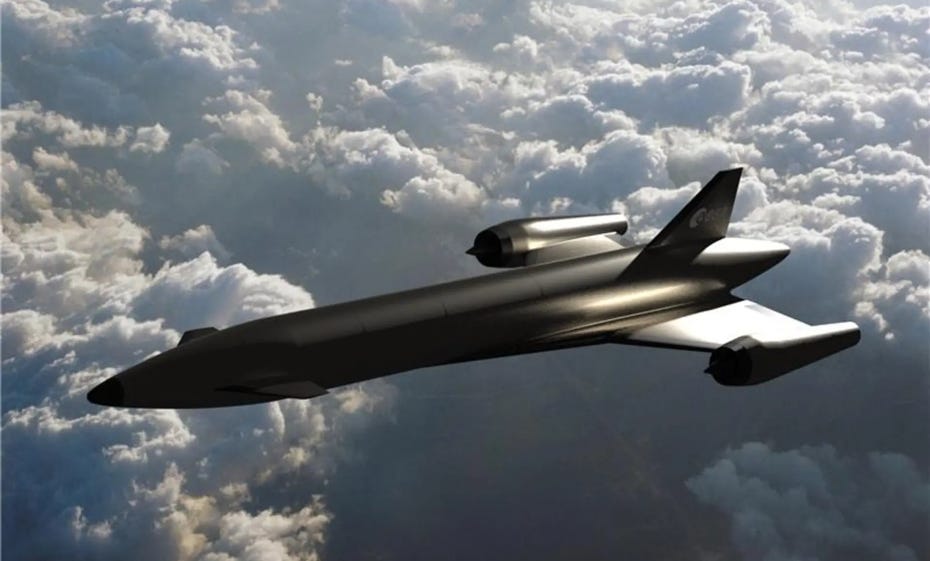#Sustainability20: American Airlines signs deal with ZeroAvia for 100 hydrogen-electric engines & more
Weekly Roundup - 25/07/25
Each Friday, we publish a round-up of the 20 most important stories on sustainable aviation. You can see previous editions of #Sustainability20 here.
Industry Updates
American Airlines has agreed to purchase 100 hydrogen-electric engines from ZeroAvia for regional jets, aiming for zero-emission flights by 2050. The deal marks a major step in sustainable aviation for short-haul routes.
The UK has awarded £63m to 17 firms under the Advanced Fuels Fund to boost SAF production, supporting 1,400 jobs. The investment aims to position Britain as a leader in green aviation by 2050.
Maastricht Aachen Airport plans net-zero operations by 2030, focusing on solar expansion, electrified ground equipment, and waste reduction. It recently achieved Level 3 Airport Carbon Accreditation for emissions management.
Cleveland Hopkins Airport has launched a 139-page sustainability plan targeting LEED gold certification for its $1.6bn terminal rebuild. Goals include cutting emissions, boosting recycling, and reducing single-use plastics.
The New Terminal One at JFK closed a US$1.367bn Green Bond deal to fund Phase A, opening in 2026, reflecting strong investor demand, sustainability focus, and inclusive MWBE participation.
CLIMATE WATCH: ‘Boiling frog’ effect makes people oblivious to threat of climate crisis, shows study - The Guardian
A Carnegie Mellon study found that showing binary climate impacts—like a lake freezing or not—boosts public awareness better than temperature graphs. Simple visuals make gradual change more tangible.
Infrastructure and operational efficiencies
Billy Bishop Airport in Toronto has introduced Oscar, an AI-powered waste-sorting assistant, to improve recycling rates. The system identifies items and directs passengers to the correct bin while displaying sustainability messages.
Airbus is promoting its A350F freighter as an interim decarbonisation solution, offering 40% lower fuel burn than older models. It highlights SAF adoption and future tech like open-rotor engines for long-term emissions cuts.
Sustainable Aviation Fuel (SAF)
INERATEC and Sasol are developing next-gen Fischer-Tropsch catalysts to boost SAF yields by 15% by 2026. The tech will debut at INERATEC’s PtL plants, including the flagship ERA ONE facility.
SWISS has become the first airline to use solar-derived synthetic jet fuel, produced by Synhelion, for regular flights at Hamburg Airport. The fuel is made via solar-heated syngas conversion.
LanzaTech has secured £6.4m from the UK’s Advanced Fuels Fund for two SAF projects. DRAGON 1 converts ethanol to jet fuel, while DRAGON 2 uses CO2 and green hydrogen.
Neste reported record renewable fuel sales in Q2 2025, with SAF volumes up 80% quarter-on-quarter. The Rotterdam refinery expansion drove output, though margins dipped due to market conditions.
Kintetsu World Express has extended its SAF partnership with Cathay Pacific until 2027. The deal allows the logistics firm to claim emissions reductions via SAF credits for cargo flights.
New technology: Electric and Hydrogen
BETA Technologies has received an order for 25 ALIA CTOL electric aircraft from SLI, a Libra Group subsidiary. The fixed-wing models will be leased for cargo and medical transport.
Michigan has launched a $4.1m Advanced Air Mobility initiative, funding healthcare drone deliveries and automotive parts transport. The state aims to lead in AAM tech and infrastructure development.
ESA and Frazer-Nash are developing INVICTUS, a reusable hypersonic test vehicle using hydrogen-fuelled precooled engines. The project builds on SABRE tech for future spaceplane applications.
Joby Aviation showcased its electric air taxi in test flights at Marina Airport, California. The four-passenger VTOL aircraft, aiming for 2026 commercial launch, is 100x quieter than helicopters.
Hartzell Propeller has gained FAA certification for its five-blade carbon fibre propeller designed for Beta’s Alia electric aircraft. The tech will also be available to other AAM manufacturers.
ZeroAvia has secured 45 new hydrogen aviation patents, including for its 5MW modular engine targeting ATR 42/72 turboprops. The firm aims to slash emissions and fuel costs for regional airlines.
Stralis Aircraft will supply hydrogen-electric Beech Bonanzas to US distributor Aviate Enterprises. The Australian firm plans test flights in late 2025, with California as an early adopter market.
magniX and Robinson Helicopter are developing a battery-electric R66 demonstrator for a 2026 maiden flight. The partnership follows magniX’s earlier electric and hydrogen-powered helicopter breakthroughs.







